07:08, 11/08/2023
Livelihood support is considered an effective solution to achieve the goal of sustainable poverty reduction. Through the implementation of programs and policies to support production and business development, building livelihood models has contributed to creating jobs, helping the poor increase their income, and improving their quality of life.
"Coverage" preferential capital sources
All year round, "selling face to the land, selling back to the sky" but because of the barren land, poverty still haunts the family of Mr. Nguyen Xuan Hoang (residential group 7, Krong Kmar town, Krong Bong district). Struggling to find a way to develop the economy, in 2019, he joined the residential group's savings and loan group and was guided to borrow capital from the district's Social Policy Bank for an amount of 50 million VND. From the above capital, Mr. Hoang built a barn to raise cows and wild boars, and at the same time converted the area of ineffective crops to grow grass for animal feed. After 3 years, the livestock model has achieved remarkable results, bringing in an income of over 150 million VND/year.
Like Mr. Hoang, in recent times, tens of thousands of poor and near-poor households and other policy beneficiaries have been facilitated to access preferential capital sources. According to statistics from the Dak Lak Social Policy Bank, up to now, the bank's capital has covered all 184 communes, wards and towns in 15 districts, towns and cities. Many credit lending programs have been promptly implemented such as loans for poor households, near-poor households, production and business households in difficult areas, loans for job creation, clean water and rural environmental sanitation, loans for labor export, etc., helping people improve their lives and escape poverty sustainably.
 |
| Mrs. Nguyen Thi Tin's family (Hoa Le commune, Krong Bong district) received preferential loans from the Social Policy Bank to invest in livestock farming. |
Along with the effective use of preferential loans for economic development, many new livelihood models with small capital are being implemented. One example is the "WeHome Café" business model - a simple, convenient way of doing business, without the need for a large premises, implemented by the Women's Union of Buon Ma Thuot City in collaboration with TNI King Coffee Company for female members in difficult circumstances and without jobs. The women were given WeHome Café vehicles and coffee making tools, trained in business knowledge, financial management, beverage preparation, using ePOS software integrated in King Coffee Super App... to operate the model effectively. In phase 1, 10 women in the city were given vehicles and operated the model, combining online business in the form of home delivery, initially creating a daily source of income.
Linked to the collective economic model
To achieve sustainable poverty reduction, in addition to choosing to invest in smart and suitable livelihood models, developing collective and cooperative economies is considered an important solution in poverty reduction, especially in ethnic minority and mountainous areas.
With flexibility in production and business, Ea Sup Poverty Reduction Cooperative has gathered many farmers to participate in developing agricultural production. Established in 2019 with the aim of continuing the activities carried out in the Central Highlands Poverty Reduction Project, the Cooperative has proactively linked with rice farming households in Ea Sup district to maintain effective livelihood activities; guided farmers to establish Cooperatives for raw material production (rice) and agricultural service cooperatives; provided guidance on cultivation techniques, seed investment, finding markets for products, managing and supervising the production process, and harvesting to achieve quality.... The Cooperative also formed production and consumption chains of high-quality Ea Sup rice, actively developing specialized products processed from rice; at the same time creating stable output for members and farmers in the chain.
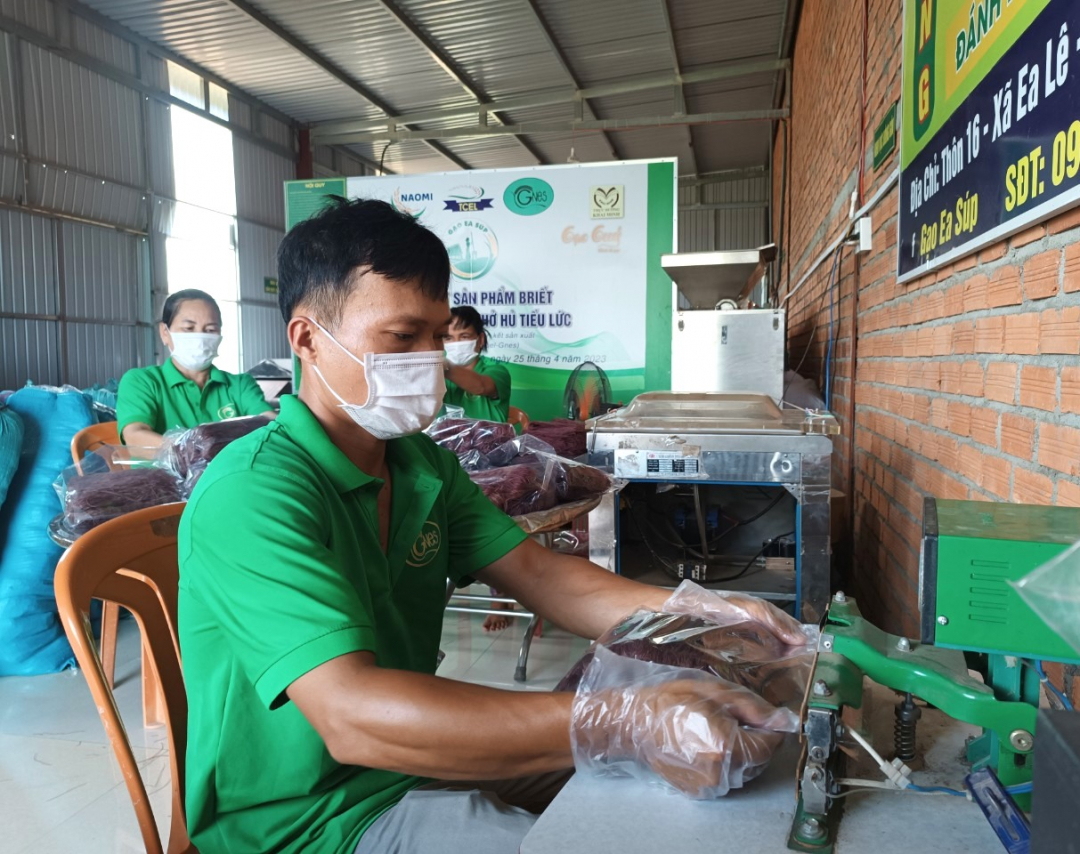 |
| Production facility of specialized rice products of Ea Sup Poverty Reduction Cooperative in Ea Le commune (Ea Sup district). |
Director of Ea Sup Poverty Reduction Cooperative Nguyen Viet Duc said that the Cooperative is currently associated with 79 households (in the communes of Ya To Mot, Ea Le, Ia Lop) with a total associated area of over 141 hectares, shaping the development of a green agriculture in harmony with nature and connecting farmers to implement sustainable poverty reduction and enrichment. Although the operation process still faces many difficulties, especially in terms of working capital as well as limitations in machinery and equipment, the Cooperative has contributed to creating jobs, increasing income for members, helping to stabilize their lives. Up to now, the average income of members and associated farmers has reached over 4 million VND/month.
The Tong Bong Brocade Weaving Cooperative (Ea Kao Commune, Buon Ma Thuot City) has overcome many difficulties and gradually affirmed its position, creating stable jobs for many Ede ethnic women. From 10 members when it was first established, the cooperative now has 45 members with an income of 3 - 5 million VND/month. Not only preserving the traditional brocade weaving profession of the ethnic group, taking advantage of local advantages, the cooperative has also boldly invested in building a community tourism area, building a farm to raise free-range chickens and pigs, etc., thereby developing the economy associated with community ecotourism, helping women escape poverty and stabilize their lives.
Miraculous
Source


![[Photo] Phuc Tho mulberry season – Sweet fruit from green agriculture](https://vstatic.vietnam.vn/vietnam/resource/IMAGE/2025/4/10/1710a51d63c84a5a92de1b9b4caaf3e5)

![[Photo] Unique folk games at Chuong Village Festival](https://vstatic.vietnam.vn/vietnam/resource/IMAGE/2025/4/10/cff805a06fdd443b9474c017f98075a4)


![[Photo] Prime Minister Pham Minh Chinh chairs meeting to discuss tax solutions for Vietnam's import and export goods](https://vstatic.vietnam.vn/vietnam/resource/IMAGE/2025/4/10/19b9ed81ca2940b79fb8a0b9ccef539a)
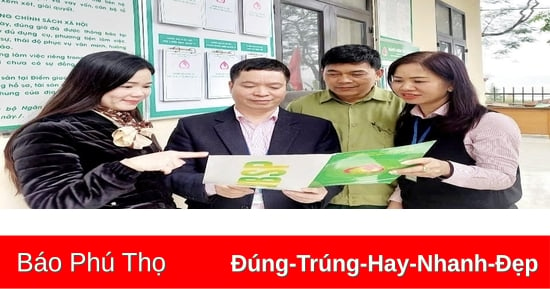
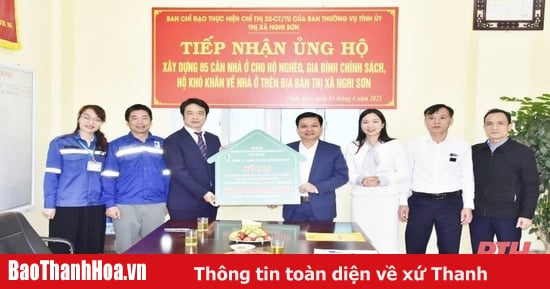
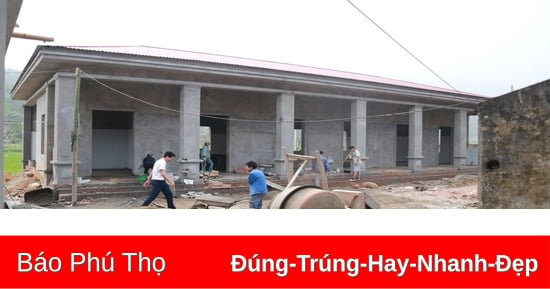
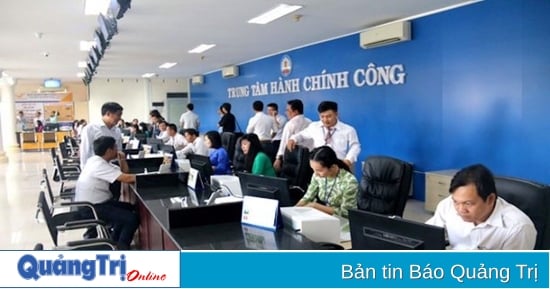
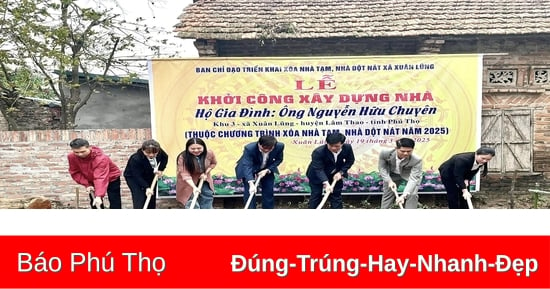

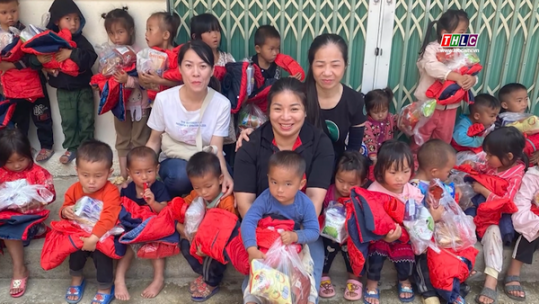
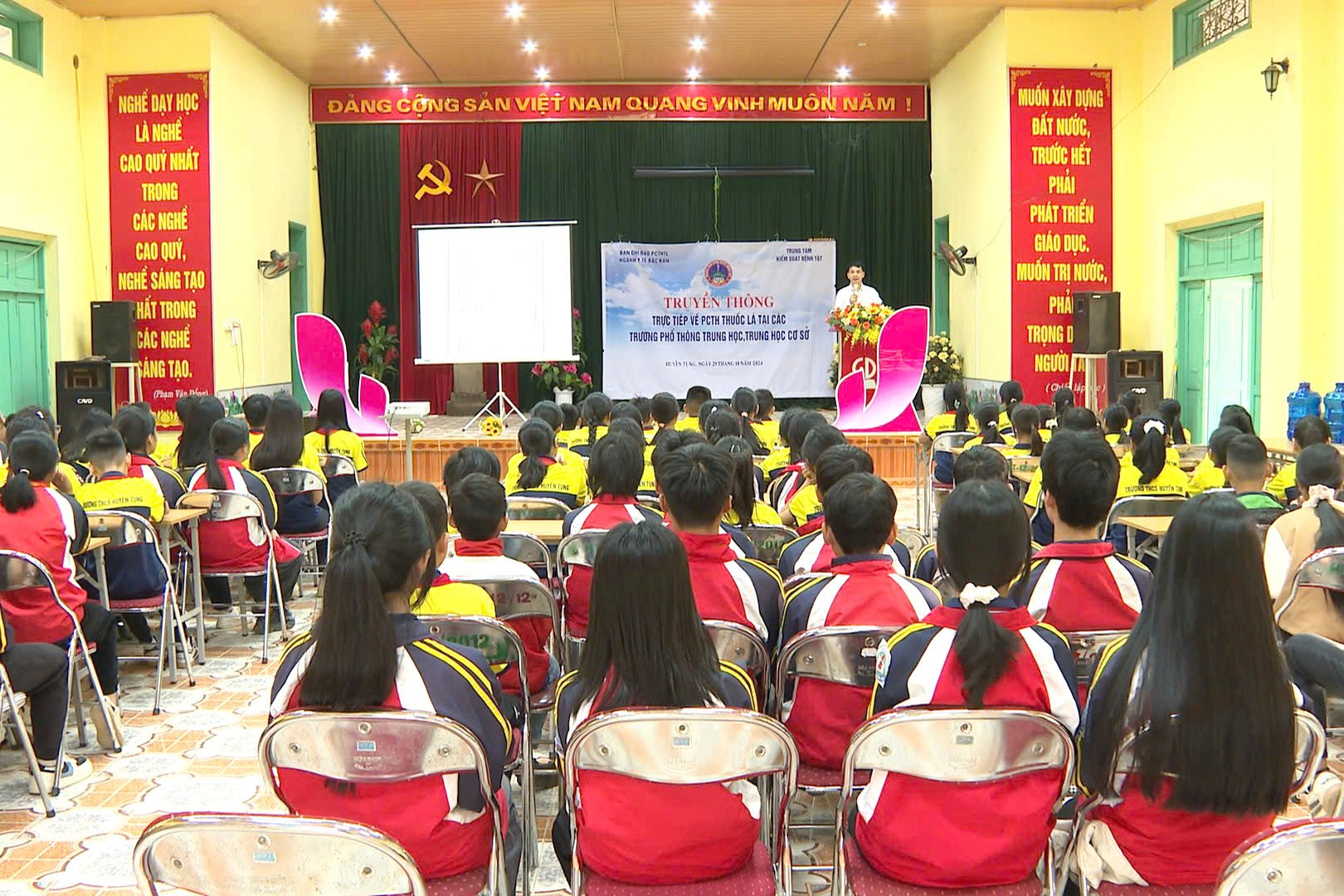
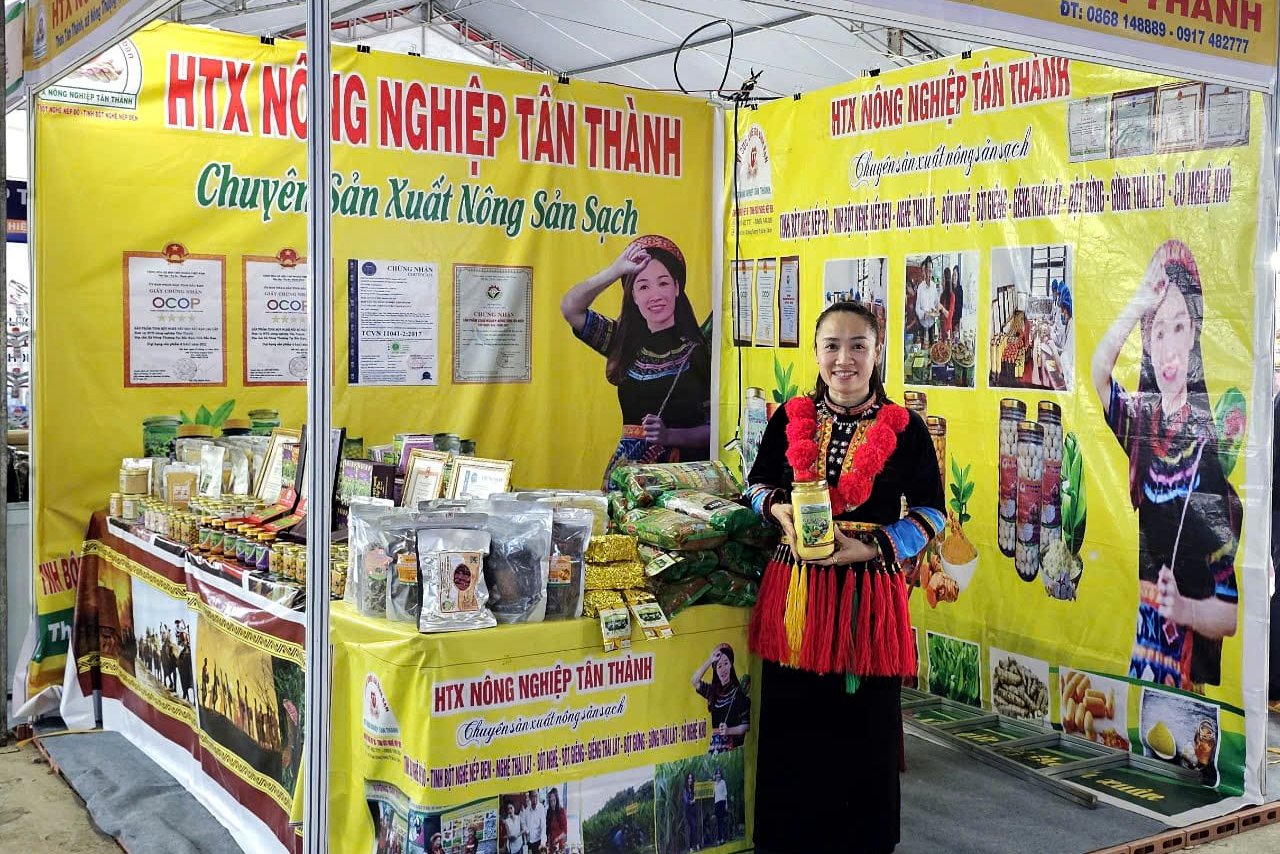
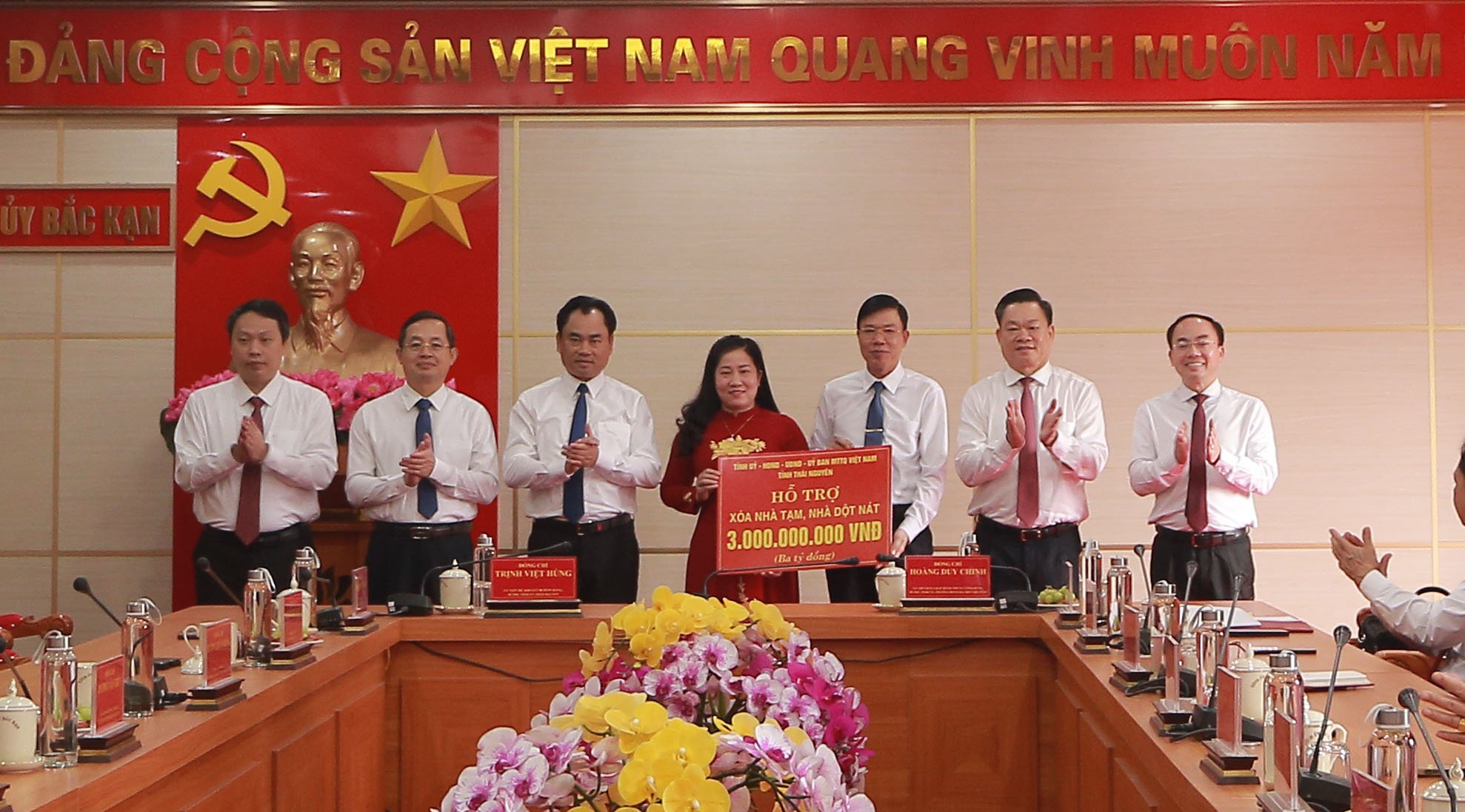
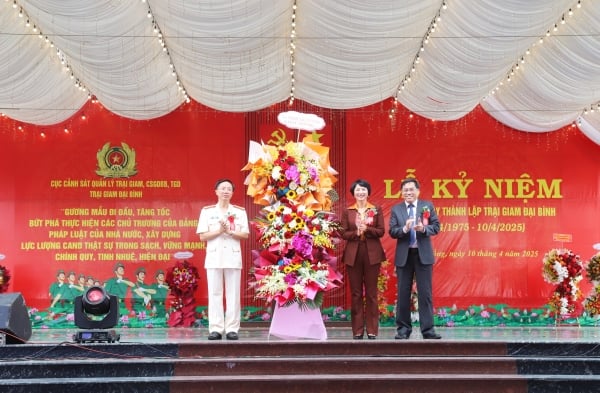
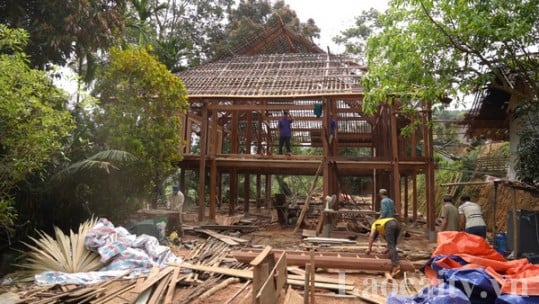




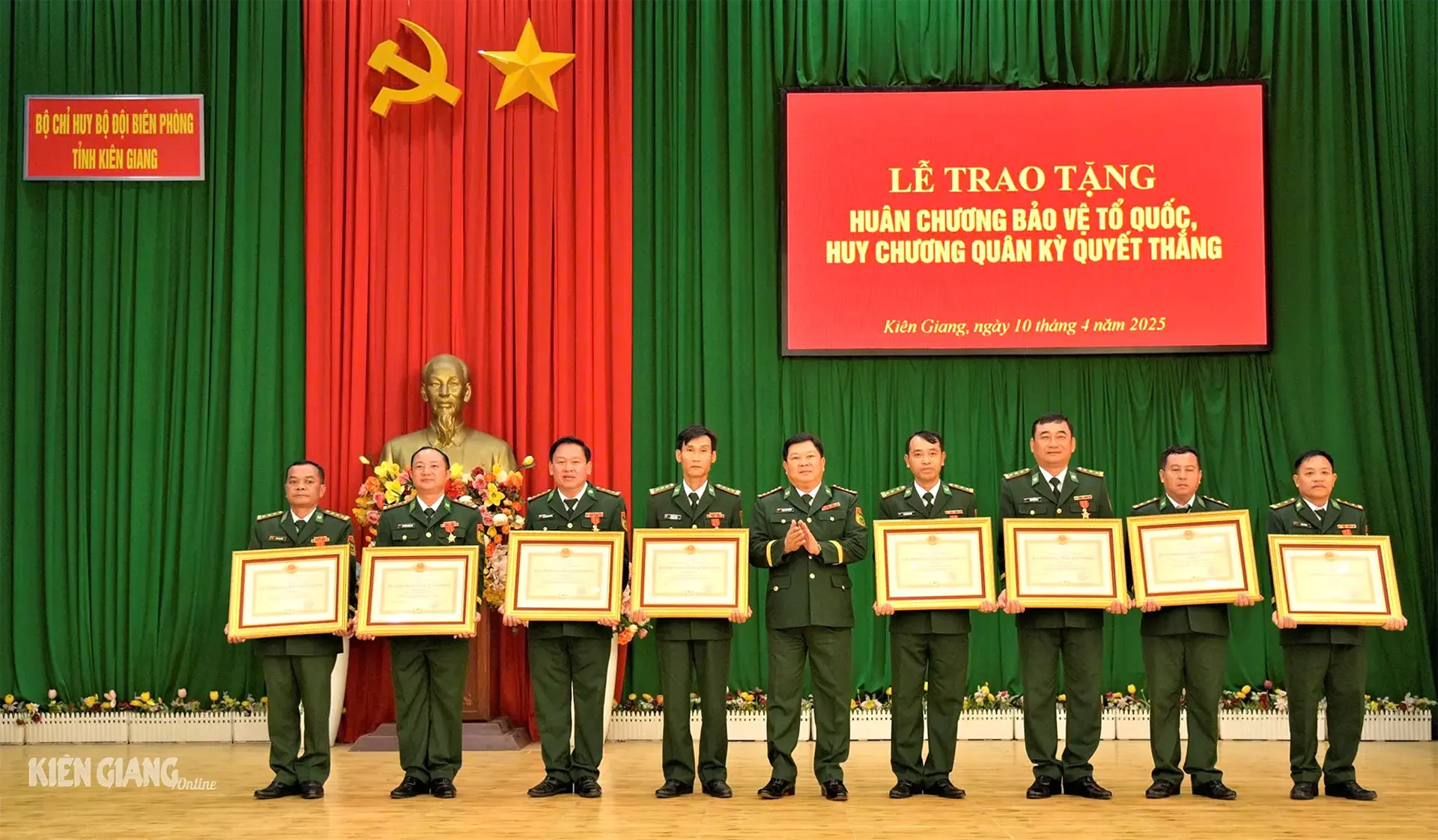
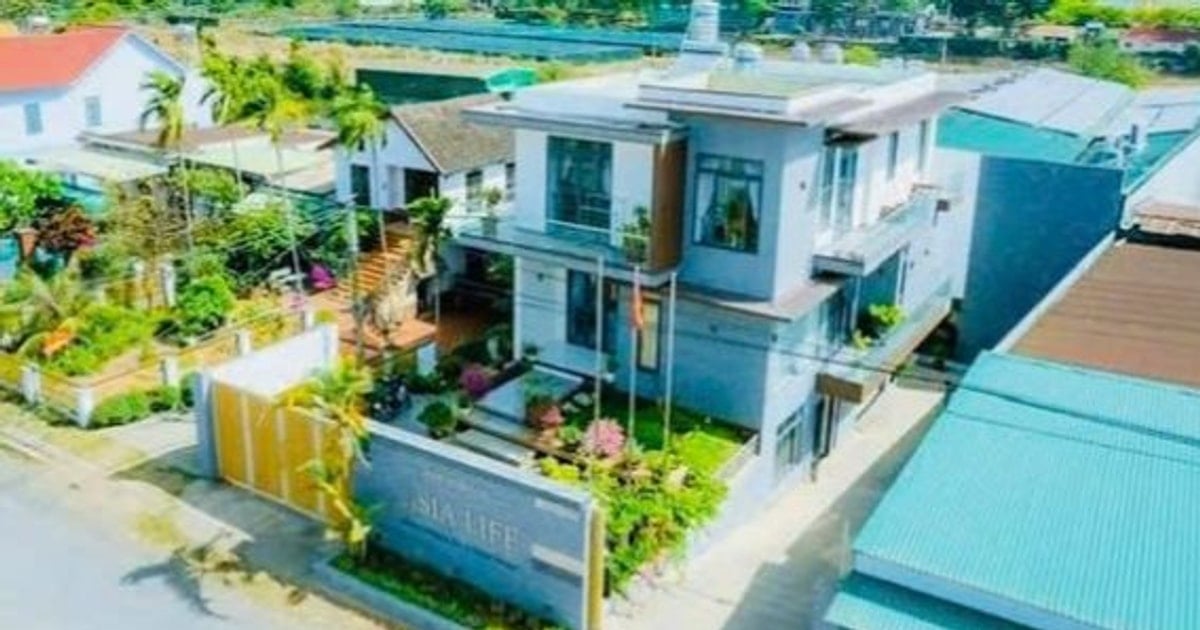
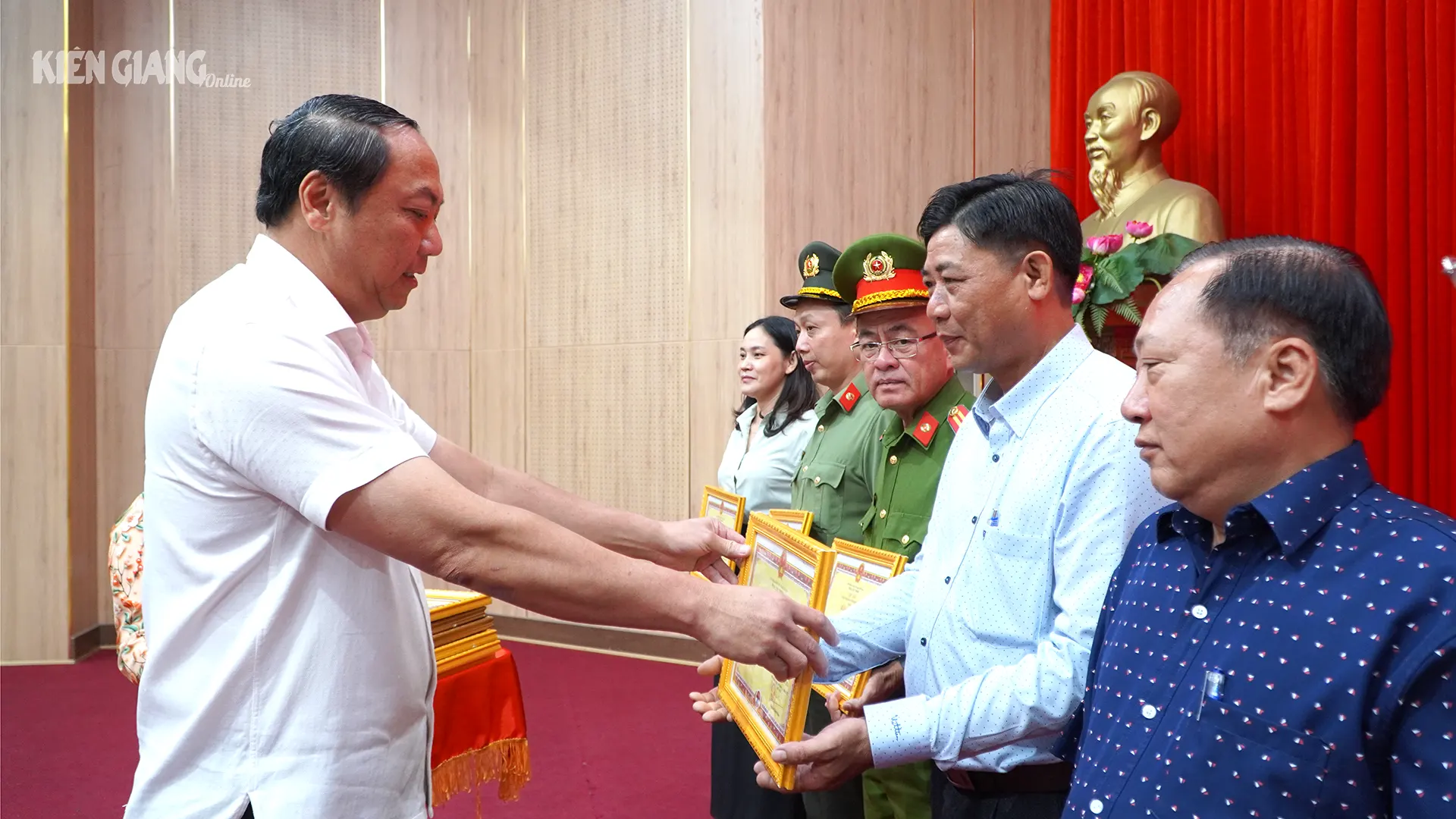
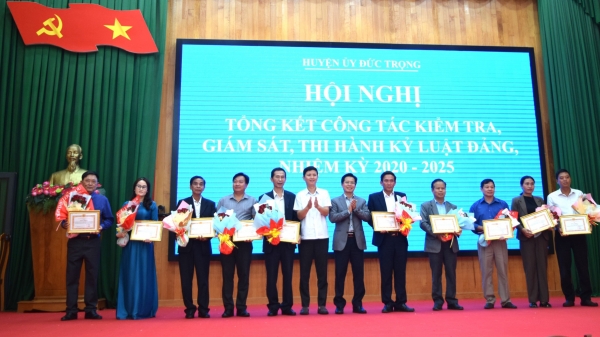
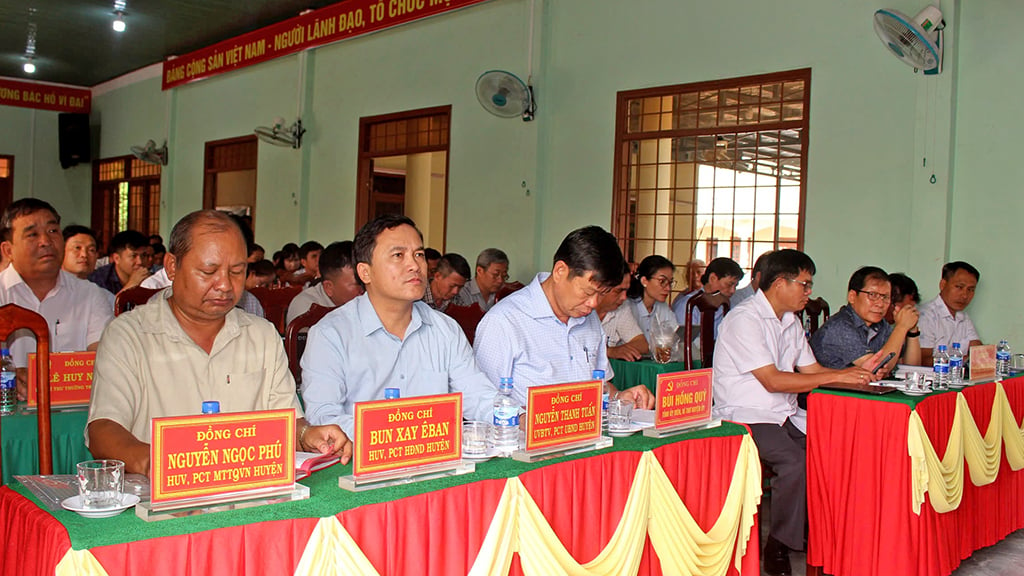
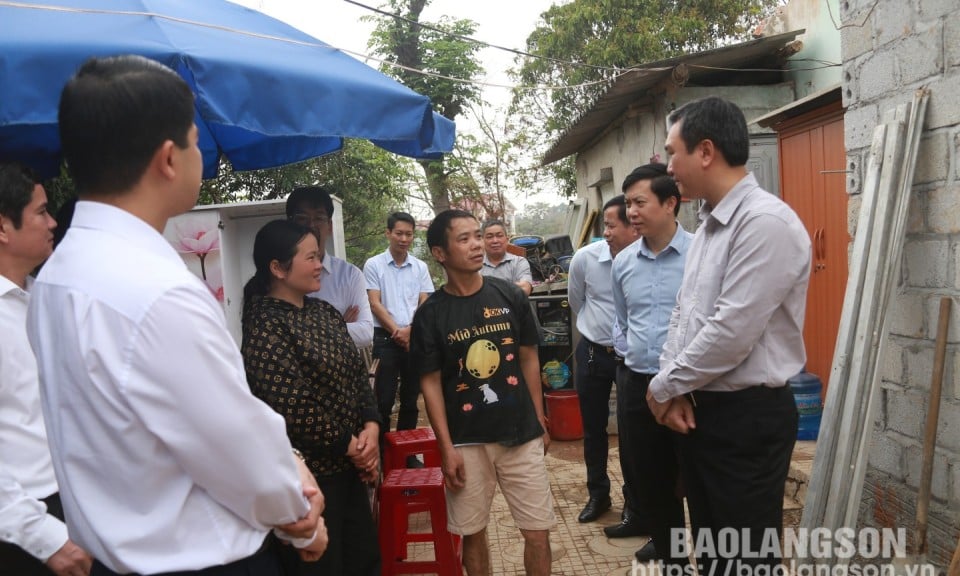


























































Comment (0)